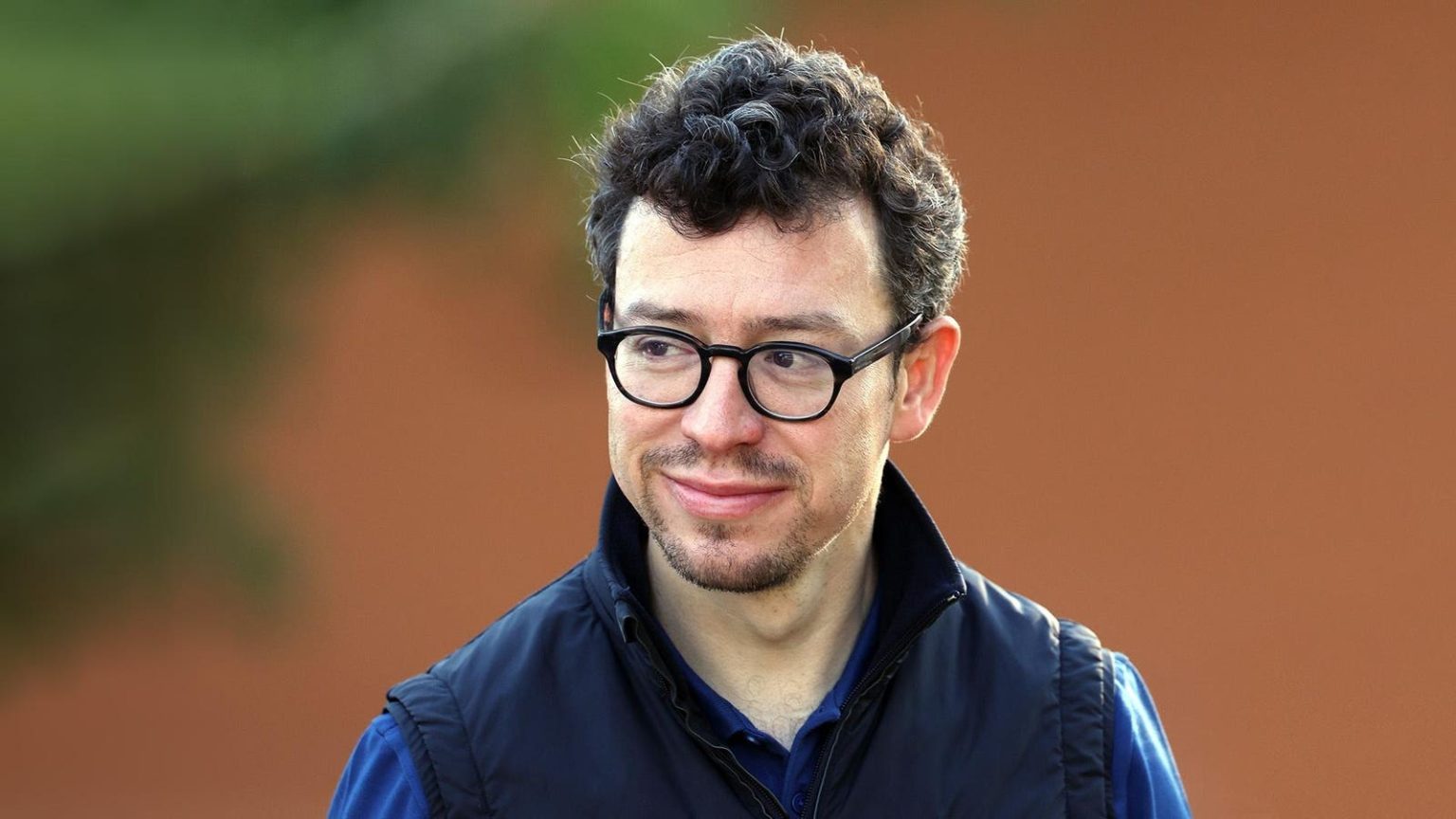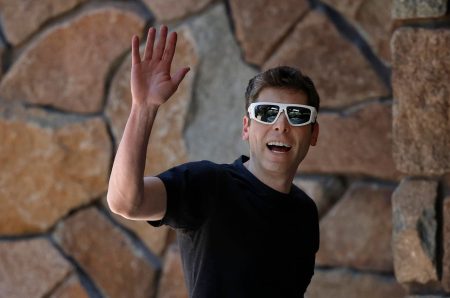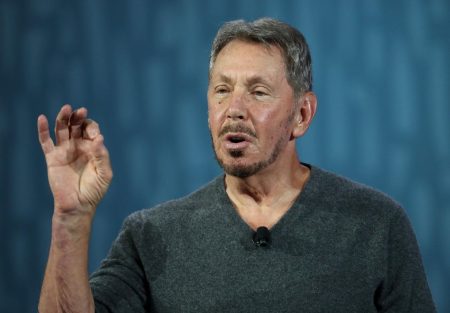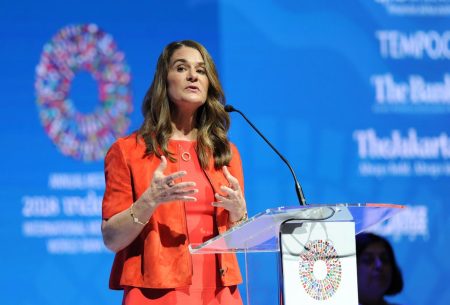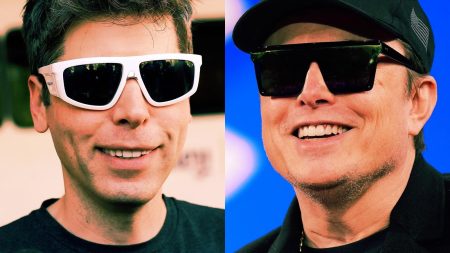Luis von Ahn, the founder and CEO of the language-learning app Duolingo, is aiming to transform the app into an automated AI tutor. Von Ahn, who grew up in Guatemala with little money, believes that AI will make some jobs disappear, and workers will need to be retrained. Duolingo recently decided not to renew the contracts of about 10% of its contracted workforce who did translations and lesson writing, using AI instead for those tasks in some cases. Von Ahn believes that automation will impact the poor and less educated, not just in the U.S. but in poor countries as well, and calls for smart regulation from governments to ensure AI is equitable.
Despite the potential challenges that AI may bring, von Ahn is optimistic that AI could also unlock new possibilities for learning, bringing high-quality education to the masses. He believes that learning languages can help lift people out of poverty and broaden their earning potential, opening up new job opportunities. Duolingo is at the forefront of the transition to AI-powered learning, with the ultimate goal of creating an automated AI tutor that can teach anyone a foreign language. The company recently unveiled new interactive features, including video calls with AI mascots, as part of a $30 a month subscription tier called Duolingo Max, offering premium AI features and mini-games for language practice.
The AI push by Duolingo has led to a surge in users and revenue, with almost 104 million people using the app each month for language, math, and music lessons, up 40% year over year. The company’s revenue hit $178.3 million in the past quarter, up 41% from the previous year, leading to a record-high stock price and a market cap of $11.75 billion. Von Ahn, who owns roughly 10% of the company, has become a billionaire as a result of Duolingo’s success. However, competitors such as Babbel and Rosetta Stone are also investing in AI for language learning, introducing features like speech recognition and AI-powered assessments.
Despite the success of AI in education, some experts caution that AI tools may not be able to replace the intangible skills of human tutors. Elizabeth Birr Moje, a dean at the University of Michigan, believes that AI cannot replace the ability of human tutors to recognize student emotions and provide personalized support. Von Ahn, who immigrated to the U.S. in 1996 to attend Duke and later co-founded Duolingo after inventing the CAPTCHA verification system, is focused on using AI to enhance education while acknowledging the limitations of technology. He has also established a foundation to support women and girls in Guatemala and other causes.
As Duolingo continues to invest in AI for language learning, the company is also exploring AI applications in its Duolingo English Test (DET), which uses AI for every element of the exam to prevent cheating and ensure a secure testing environment. Von Ahn acknowledges the long process of creating high-quality AI tools and is experimenting with new AI-generated characters for lessons. Despite potential risks like job automation and inappropriate AI responses, von Ahn is prepared for challenges that may arise, believing that the benefits of AI-driven education outweigh the potential problems. Through ongoing development and innovation, Duolingo aims to continue leveraging AI to make language learning more accessible and effective for people around the world.




